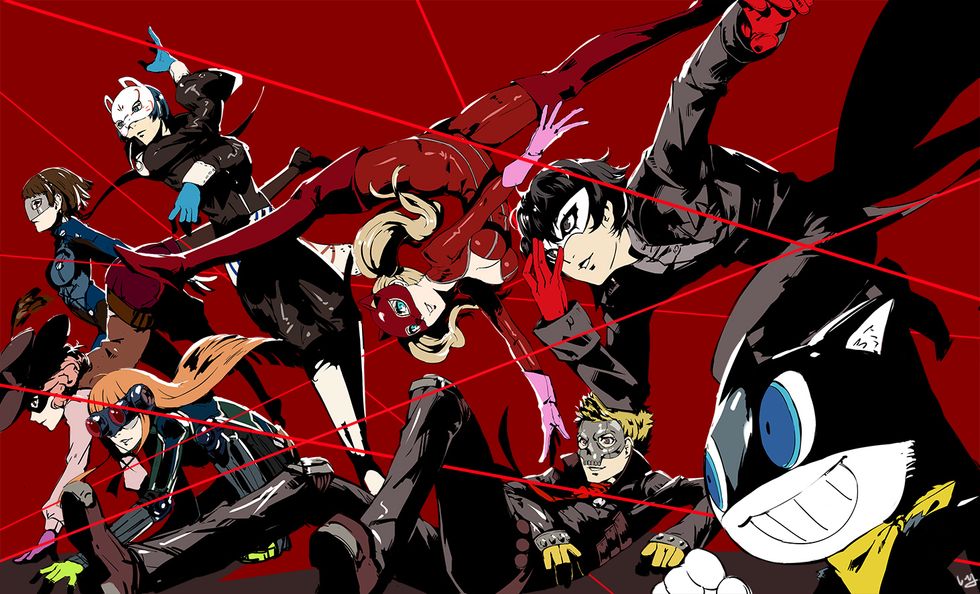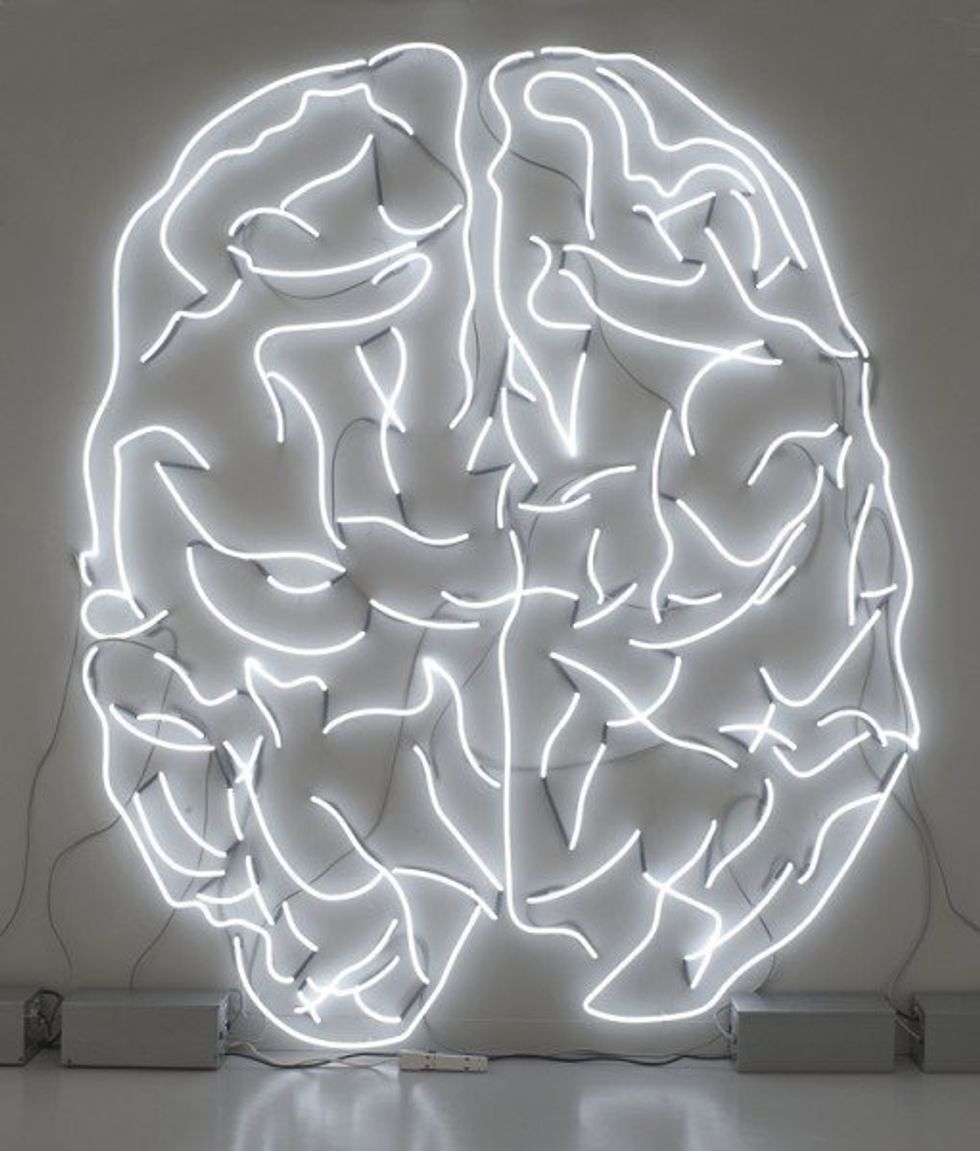The Shin Megami Tensei series of role-playing games is a series that, for one reason or another, I have not played. With that said, though, I have always known of the franchise’s Persona sub-series. Now 20 years old, the Persona games put players in the shoes of a high school student who by day lives a typical teenage life and by night travels into a supernatural world full of demons and creatures. Of course, every Persona game has its own variation of this premise, and this year’s Persona 5 is no exception to the rule.
The game’s narrative is easily one of the strongest parts of Persona 5. In fact, developer Atlus even added a difficulty that makes the game much easier to play in favor of focusing on the story. Honestly, while I decided to run through the game on the Normal setting to actually have some challenge, I actually understand why someone would be hooked on the story alone. Persona 5’s story, like the others before it, is a story about teenage angst--the good kind, mind you.
The tale that Persona 5 has to share is ultimately an intriguing, “Breakfast Club”-esque story about outcasts and the unfair world they live in. Despite the more supernatural elements of the story, such as having the characters become super-powered, stylish thieves, the pitfalls of teenage life and hard-hitting topics like drug abuse and suicide are tackled by Persona 5’s narrative. The game, as a result, has a sort of gravity and emotion that few games today have.
Gameplay is split between two worlds: the normal world, where you’ll live like a normal teenager, and the Metaverse, a strange dimension fueled by and built on the cognition of human beings. In the former, you get to build out social skills, make friends, get a job (or several), and basically, do a bunch of things high schoolers would do. In the latter, you’ll get to explore Palaces, the game’s equivalent of dungeons, battle monsters, and obtain loot. While these two radically different gameplay styles seem unrelated, there is one thing that seamlessly combines the two.
Which brings me to the biggest threat in the game that you will face. It is not a level 99 demon with an insta-kill spell, but time itself.
Going to school takes up time. Going to a job takes up time. Building infiltration tools for use in the Metaverse takes up time. Hanging out with friends--you guessed it--takes up time. And going to the Metaverse itself to progress the plot is caught in the middle of all of your real-world life choices. Simply put, if you choose to go to the movies or something instead of questing, you forfeit your chance to go to the Metaverse for that day. Worse yet, Persona 5 adds a tricky new feature: a deadline system that forces you to clear a dungeon before a set date.
This constant weighing of options, in addition to the implementation of deadlines, accomplishes several things. It adds a layer of realism to your thieving, forcing you to plan around the fact that you’re a teen with a life to live and not a video game character with nothing but time on his hands.
It also replaces the need for a morality system, which many RPGs employ in order to give your decisions weight and meaning; deciding when to go to a dungeon and when to invest time in developing social stats or relationships is just as compelling and complex as choosing to be a bad guy or a good guy. Lastly, and most importantly, replay value becomes much more apparent because of the multitude of choices at your disposal. There’s just no way to see everything Persona 5 has to offer unless you run through the lengthy campaign several times.
Visually, the game exudes nothing but style and pizazz. Each Palace is radically different from the one before it; you’ll start in a castle and later travel to a casino, a bank, and an art museum, just to name a few. Additionally, each one is laden with its own distinct puzzles and foes. The game’s characters are just as diverse in appearance, from your main character’s suave, trenchcoat-clad getup to Ryuji’s thuggish, biker-like costume.
The score, composed by Shoji Meguro, is varied as well--and it is not only one of the high points of the game, but also one of the best soundtracks for a game you will ever hear. Upbeat, lively instrumental and lyrical songs dominate the soundtrack, giving you something to dance to as you’re knocking the ever-living daylights out of your enemies.
Persona 5 is overall the complete package in terms of RPGs. I hesitate to call games perfect, but I honestly cannot bring myself to criticize this game without being extremely nitpicky. It bursts with originality at every turn and, with its robust, open-ended design, you’ll likely be playing this game multiple times to see how your path will differ. Atlus has certainly stolen the heart of this gamer--and its latest title has snuck its way into the list of the greatest games of all time.







 Photo by
Photo by 

 Photo by
Photo by  Photo by
Photo by  a group of people sitting around a table with laptopsPhoto by
a group of people sitting around a table with laptopsPhoto by  people on beach during daytimePhoto by
people on beach during daytimePhoto by  Photo by
Photo by 








